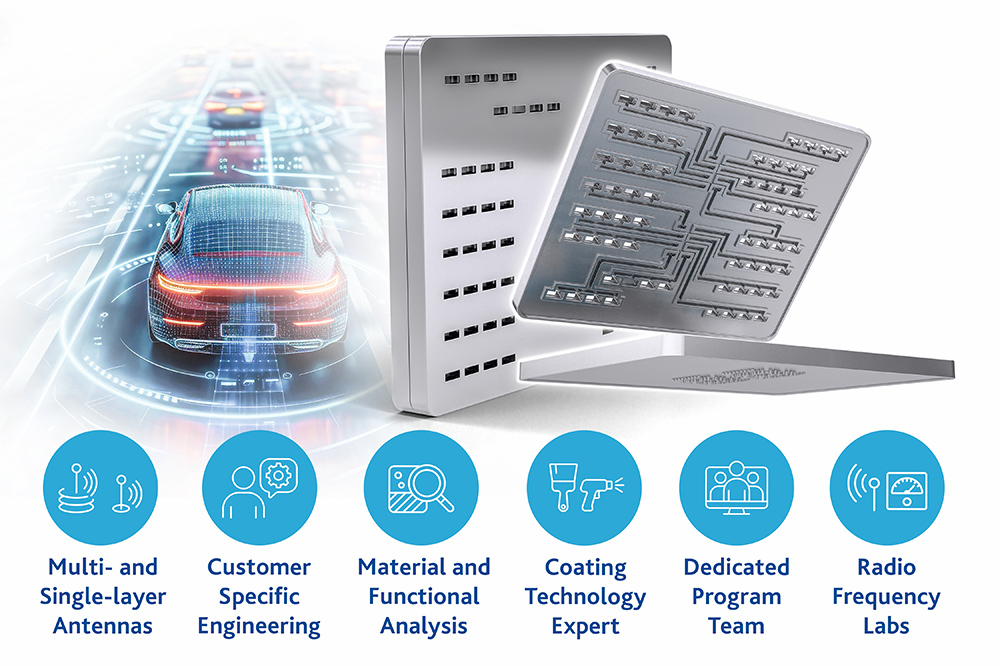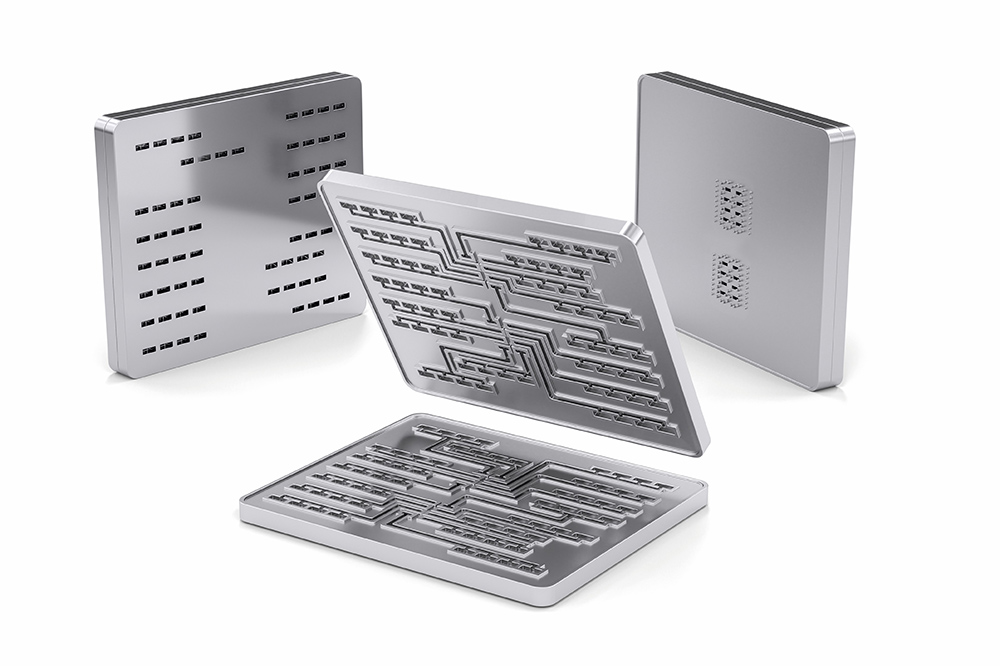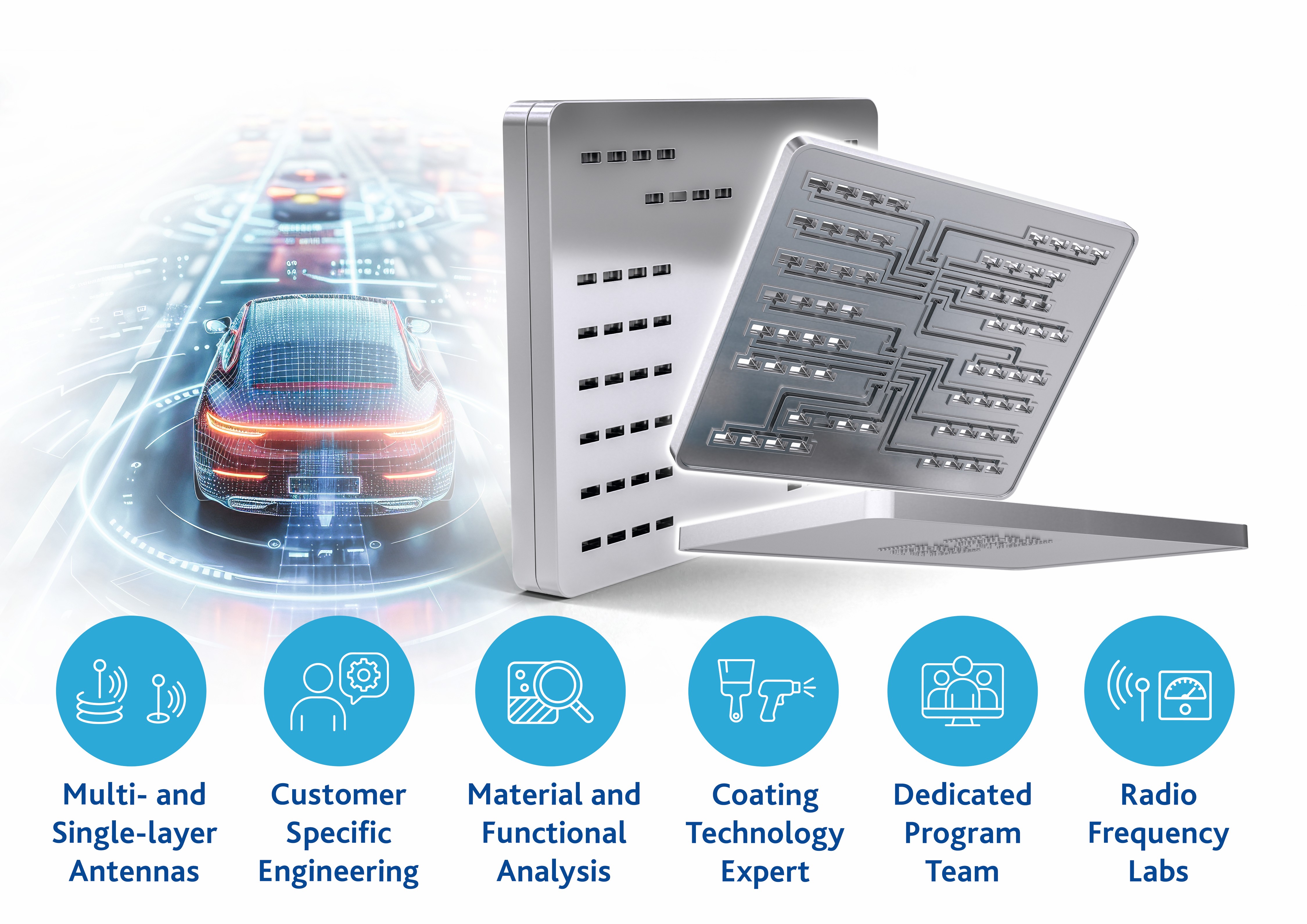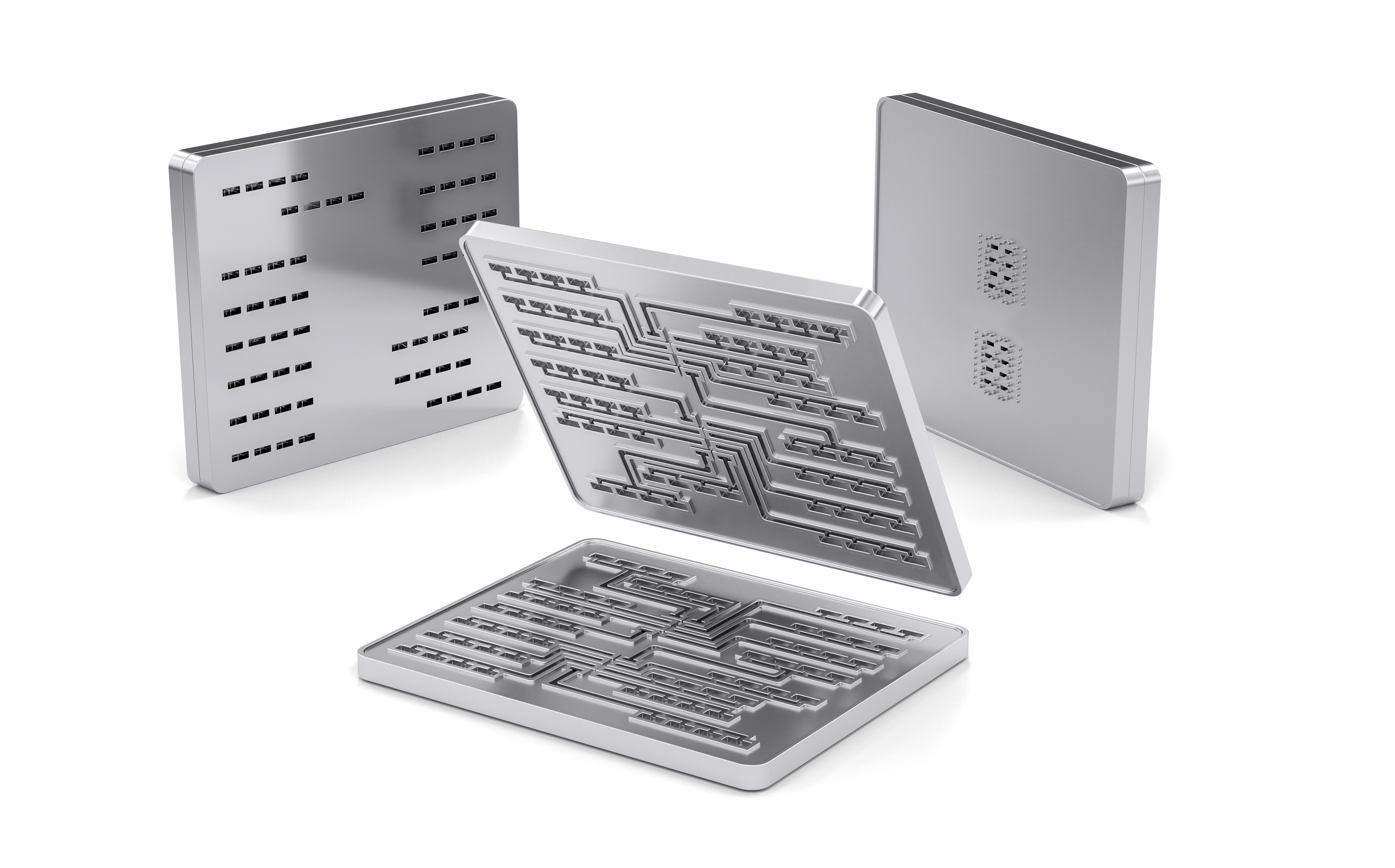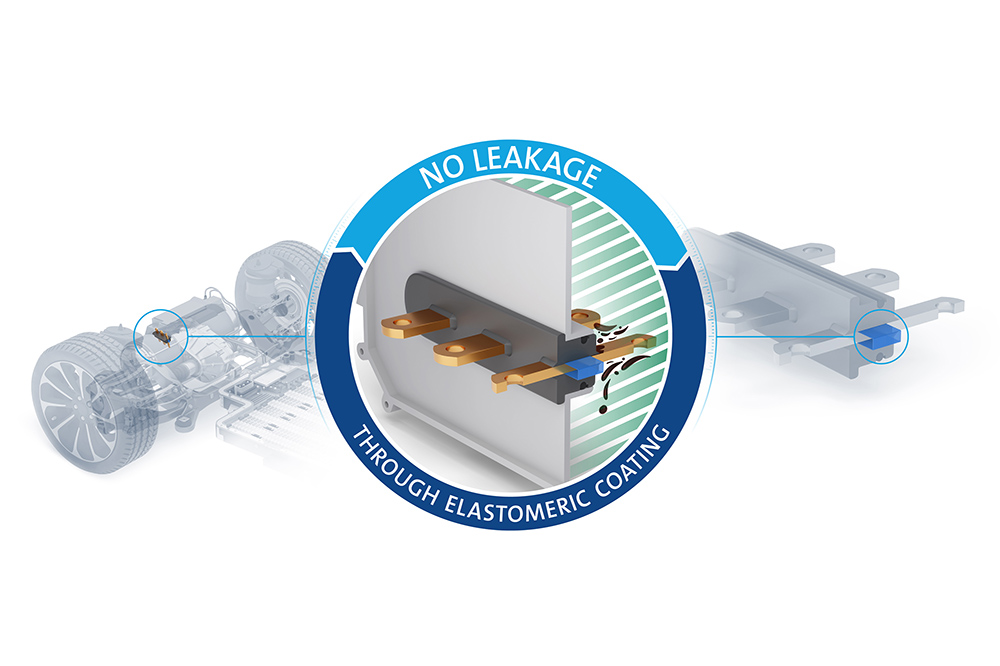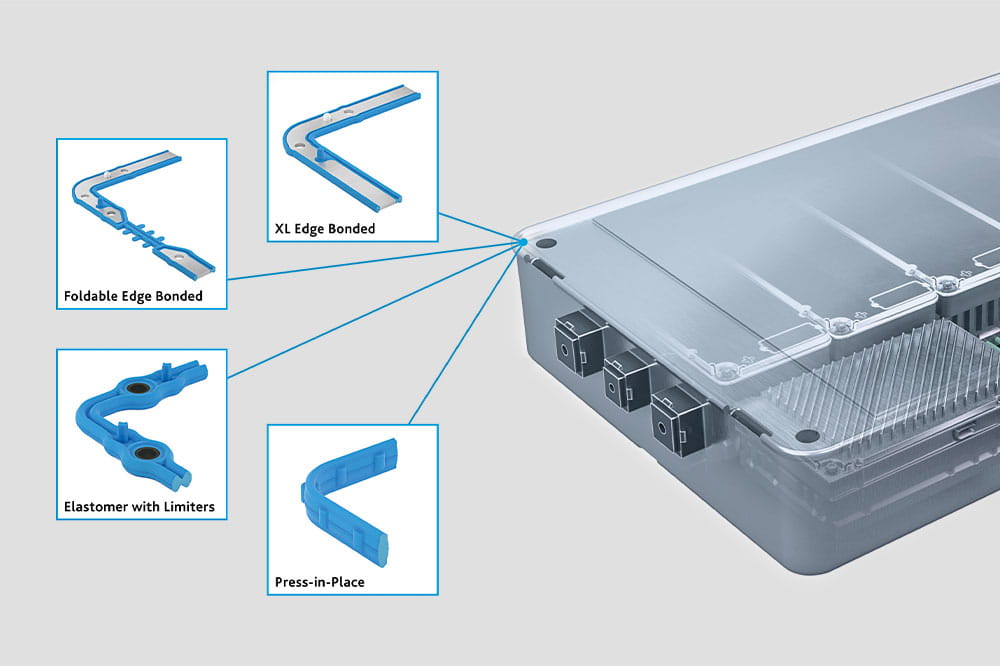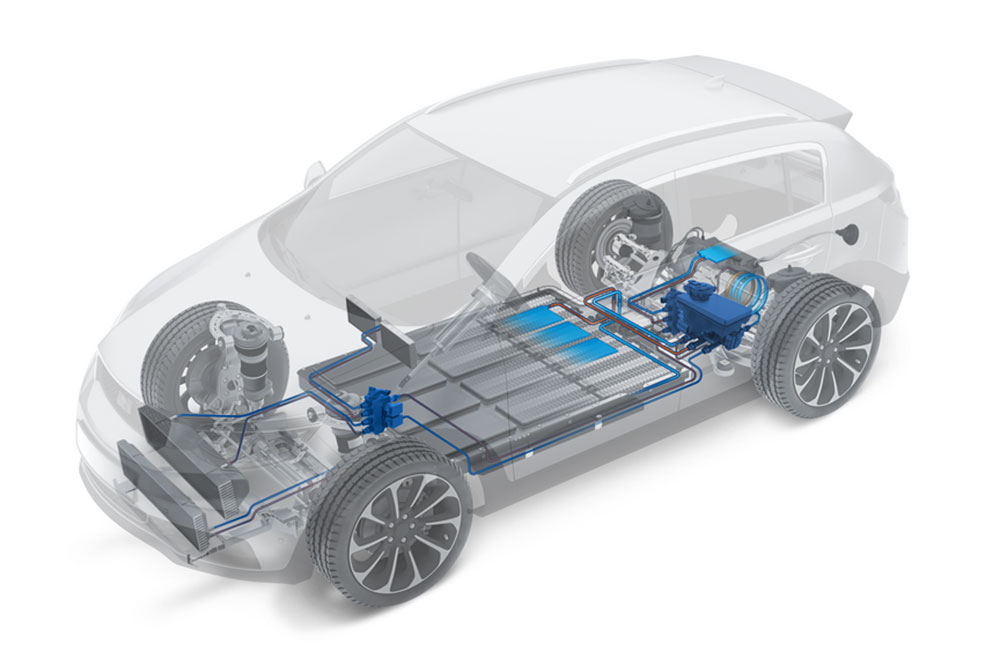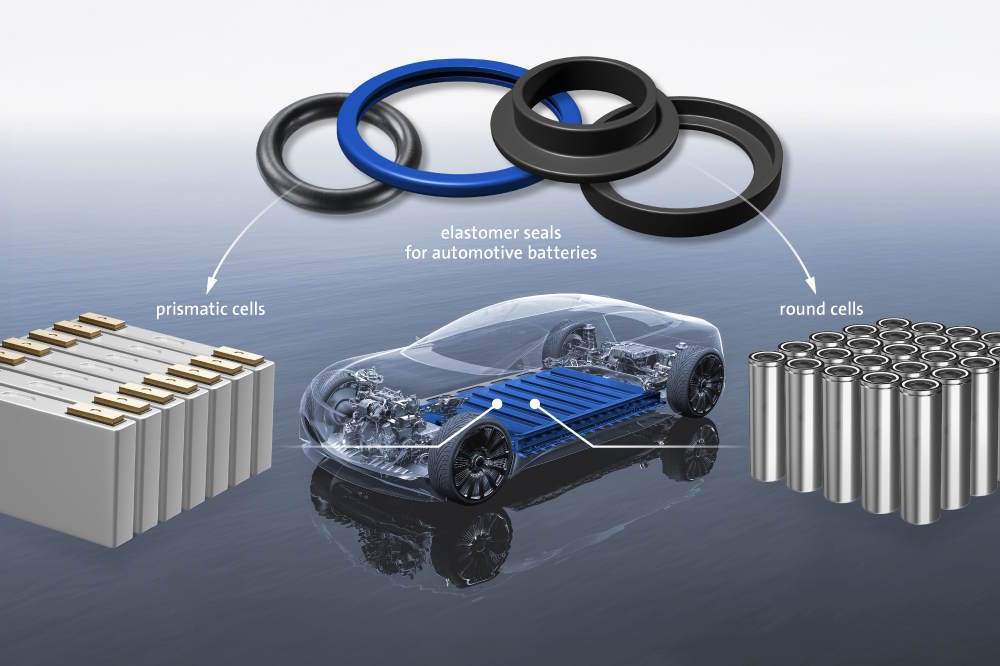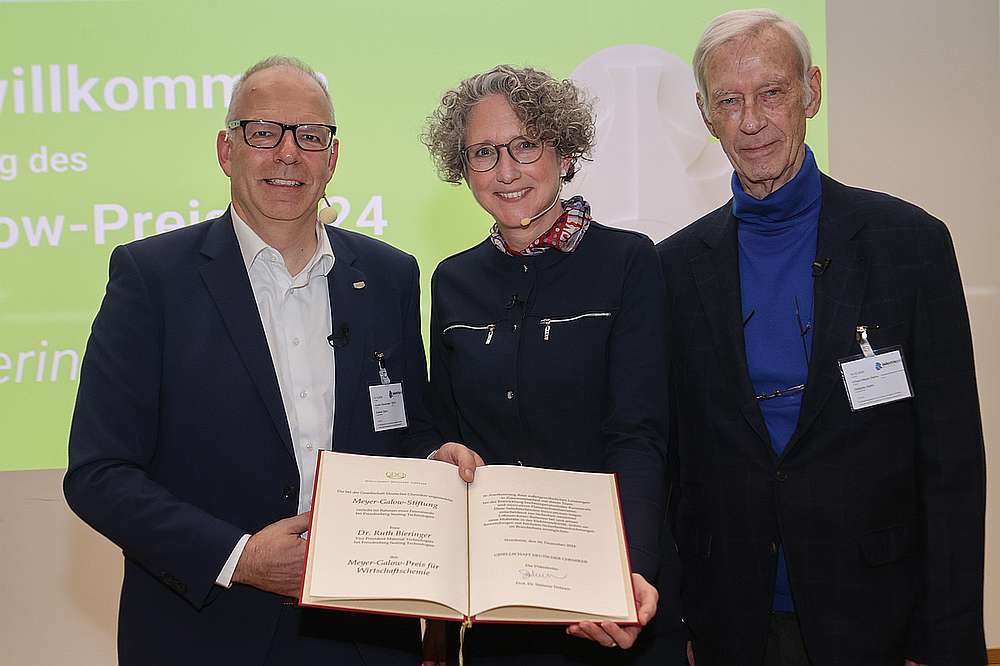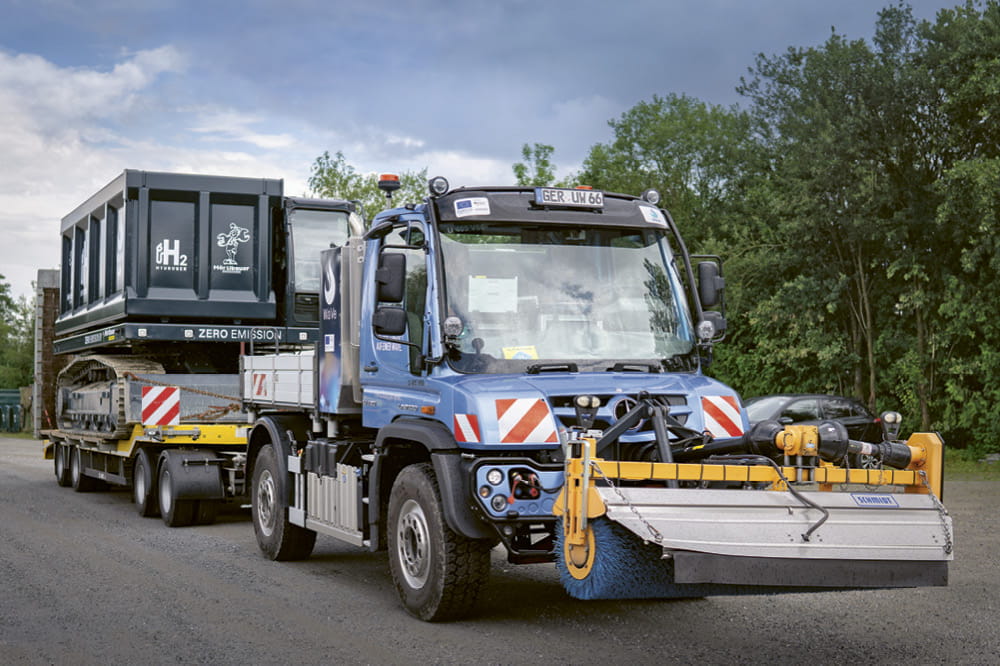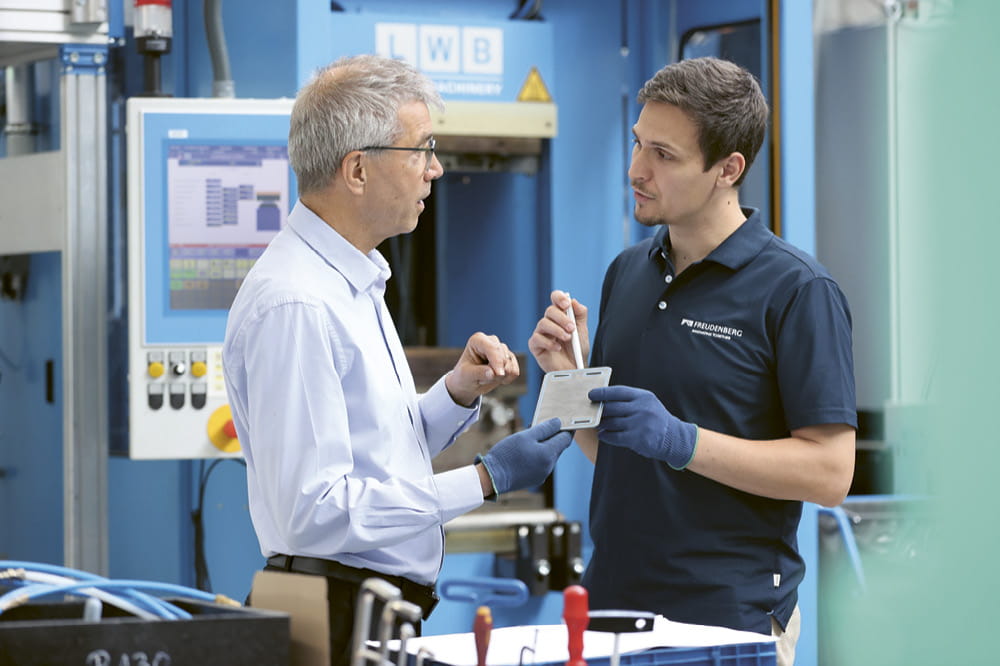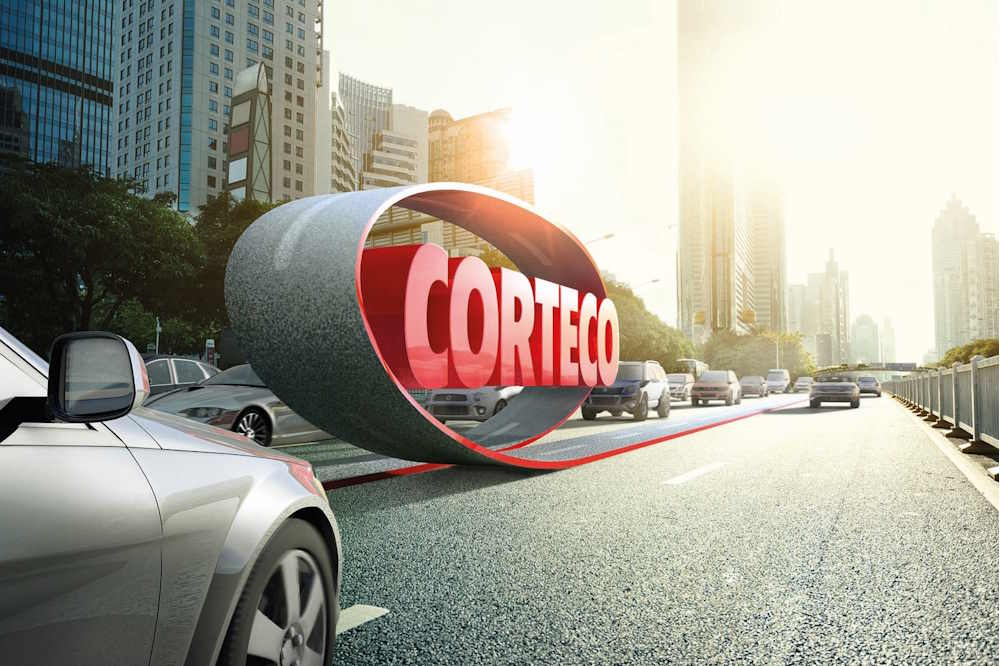Obtain news and background information about sealing technology, get in touch with innovative products – subscribe to the free e-mail newsletter.
03.06.2025 | Press release
Growth Market: Waveguide Antennas Push Automated Driving
June 3, 2025 – A wide range of sophisticated sensors is at the heart of all safety and driver assistance systems in the automotive industry. Since 1978, drivers have benefited from the ABS anti-lock braking system, which was first integrated in the Mercedes S-Class as a standard feature. Current state-of-the-art technologies include adaptive cruise control (ACC), Lane Keeping and Lane Change Assist, Park Distance Assist and Emergency Braking Assist. Designed to improve driving comfort and safety in particular, many of these advanced features rely heavily on radar sensors. In order to address key challenges in this highly dynamic radar market, the Freudenberg Business Group, under the direction of Freudenberg Sealing Technologies, has initiated the Waveguide Antennas Incubator.
Level 1 to level 5: From assisted to autonomous driving
The performance level of a vehicle is determined by the amount and reliability of its sensors. The introduction of ABS in the 1970s kicked off the future of driving with so-called “assisted driving.” Depending on the purchasing power and vehicle type, partially automated and conditionally automated level 2 and level 3 vehicles are already on the road. The common feature of levels 1 and 2 is that the driver of the vehicle is responsible for driving. This changes at levels 3, 4 and 5 – conditionally automated, fully automated and autonomous driving. As soon as a level 3 pilot is activated, the driver relinquishes responsibility for the vehicle and liability is transferred to the manufacturer. Regulatory frameworks for this area of vehicle mobility evolved at both national and international levels in 2022. In Germany, the Autonomous Vehicles Approval and Operation Ordinance (AFGBV) is in effect. It is continuously updated to keep pace with technological challenges and availabilities. At the EU level, type approvals for automated driving systems (ADS) of fully autonomous vehicles are also being granted by now. Here the Implementing Regulation (EU) 2022/1426 comes into play. This creates a lucrative growth market for the required sensor systems.
Waveguide antennas at the heart of radar sensor technology
When a radar sensor transmits an electromagnetic signal that varies within a narrow bandwidth, it becomes possible to perform a high-precision distance and position measurement, as well as a classification of objects that are moving relative to each other. As soon as the emitted signal is reflected by an object and received again, the sensor system can determine quantities such as the detected object’s distance and speed. In this technology environment, leading Tier 1 companies in the automotive supply industry are developing new radar systems with waveguide antennas. A key factor in getting the best possible resolution and range is to minimize the signal losses within the antenna structure. That is why waveguide antennas are made with the utmost precision and proven robustness. In addition to their excellent performance, they stand out with their attractive pricing.
Robust coating process: Wanted – found!
A precision-made plastic component with fine, wave-conducting structures is manufactured by injection molding and metallized for the required electrical conductivity. It may sound relatively simple, but it is actually the result of years of close collaboration between the entire incubator program team: a high-performance network that includes the three business groups Freudenberg Sealing Technologies, Freudenberg Technology Innovation and Freudenberg Chemical Specialities, as well as suppliers and universities. The material expertise of Freudenberg Sealing Technologies played a key role in quickly identifying an optimally compatible material for the injection molding. The subsequent metallization process, which Freudenberg’s SurTec division is instrumental in developing, presents an additional process engineering challenge. In this area as well, the incubator team has developed an innovative, competitive solution.
Focus on standardization: Modularity and reproducibility
For automated – and future – autonomous driving, it is important to ensure that all sensors provide reliable and highly precise results in object detection. One challenge must still be solved throughout Europe: There are currently no uniform and standardized approaches for an effective and efficient validation and calibration of sensors and processing chains. But a solution is within reach: For several months now, the incubator team has been working on the joint RepliCar project with renowned partners from industry and research. The name stands for “Reference sensor technology for high-precision sensor validation for automated driving”. Jens Hofmann, Strategic Product Manager, explains: “Our role is to collaborate with the Karlsruhe Institute of Technology and Offenburg University of Applied Sciences to develop a modular design approach for constructing large high-resolution antennas from smaller antenna modules, which can be produced through injection molding.” In practice, this means that high-resolution antenna arrays can be built from smaller and inexpensively produced identical parts. Hofmann adds: “They are an important building block in the future portfolio of our incubator.”
Target market: Automotive Tier 1. Product development, testing, functional analysis and series production
In order to optimally meet the customers’ requirements for the development of the antenna modules, Freudenberg Sealing Technologies offers two service models: For orders that include the design of the complete antenna module hardware and sensor integration, the program team is starting from the waveguide channel routing and design of the emitters. These are specified by the industrial customer. With a view to the future feasibility of large-scale production, Freudenberg Sealing Technologies is taking qualified development statuses into account in the creation of the customer specific antenna design. The customers also benefit from simulation options with regard to operating behavior. In contrast, Tier 1 customers with in-house antenna development already have their own product designs and benefit from the wide-ranging consulting expertise of the incubator program team. Based on the high level of material and process know-how at Freudenberg Sealing Technologies, it is also possible to create prototypes in the target technology for future series production. Marc Knapp, Director of the Waveguide Antennas incubator team, summarizes: “With our market positioning, we are focusing on the core competencies of the Freudenberg Business Group. We give our customers the opportunity to develop their own high-frequency designs and provide comprehensive support, from the design concept to series production. At the same time, we have a high level of expertise in design validation and environmental testing. Simply put, we have the experience and capacity to ramp up automotive series production with short lead times.”
Press Release Downloads
Growth Market: Waveguide Antennas Push Automated Driving
Last update: 03.06.2025
English | DOCX | 86 KB
DownloadJosh Barnett
Corporate Communications Manager
Telephone: + 1 734 354 2406
josh.barnett@fnst.com chevron_rightSilke Herzog
Senior Manager Corporate Communications
Telephone: + 49 (0) 6201 960 6385
silke.herzog@fst.com chevron_rightNews Service
You can subscribe to the Freudenberg Sealing Technologies news alert service, bringing you the news as soon as they are published. You can always unsubscribe from this service.
Subscribe now! chevron_rightMore news on the subject Automotive & Transportation

First Hand News
Best of all, keep up with the latest developments
with the Freudenberg Sealing Technologies newsletter.
